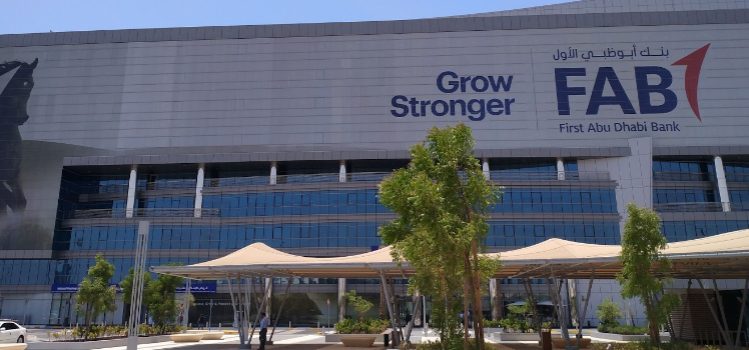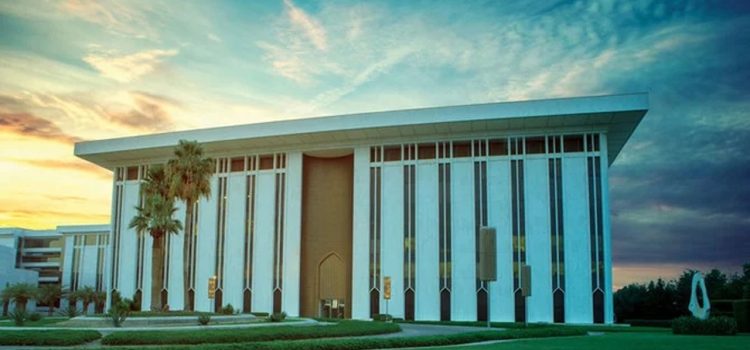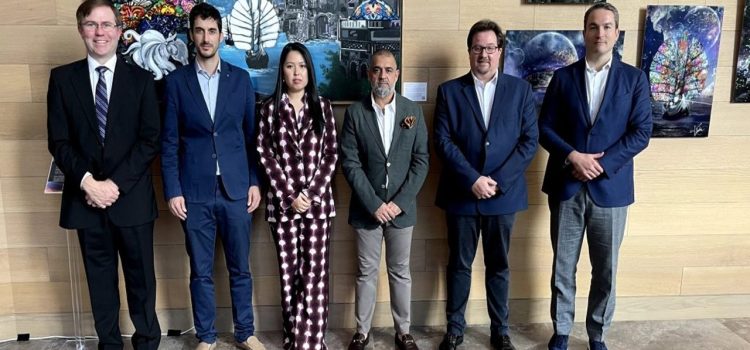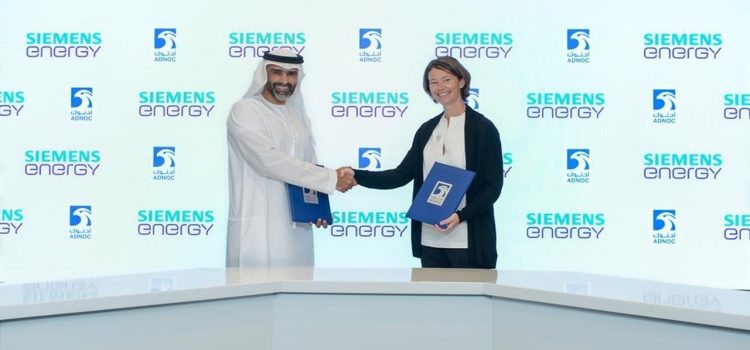
DroppRWA, a sister company of Web3 technology provider DroppGroup, has partnered with Saudi Arabia’s real estate developer RAFAL Real Estate Co, to execute a Saudi Arabian pilot that would (RWA) tokenization real estate transaction. The pilot will serve as a national feasibility benchmark for the future of tokenized property markets in KSA.
The pilot built on blockchain and AI systems will allow Saudi citizens to have fractional ownership of high value real estate assets with amounts starting for as low as single-digit Riyals.
droppRWA will conduct a full feasibility study for property tokenization across RAFAL’s portfolio. A fully regulated proof-of-concept will be developed and executed, with RAFAL supplying live real estate assets for controlled transaction testing.
Faisal Al Monai, droppRWA co-founder and founder of DroppGroup stated, “This transaction marks a paradigm shift. Around the world, we are witnessing the greatest digital transformation of the 21st century, the transformation of capital itself. The mission of this partnership positions Saudi Arabia at the forefront of programmable economies, with real-world impact for every citizen ,starting at just 1 Riyal,you can “own a piece of Vision 2030.”
Al Monai, added, ” For institutional and global capital, this will be a fully regulated pilot that provides a secure on-ramp for institutional-grade Foreign Direct Investments (FDI) into Saudi Arabia. It merges stablecoin liquidity with sovereign-grade infrastructure, bringing real-world assets onto the blockchain with trust, speed and scale.”
Elias Abousamra, CEO, RAFAL Real Estate, “At RAFAL, we have always believed that real estate should be both aspirational and accessible. This partnership with droppRWA is not just about technology – it’s about democratizing real estate investment and creating a global platform for foreign direct investment into the promising Saudi market. For the first time, a young Saudi can own a piece of a premium development with just a few Riyals. That’s a powerful idea. Together with our partners, we are proud to pioneer a new model of ownership that speaks to the inclusive and innovative spirit of Vision 2030.
DroppGroup offers an AI quantum resilient platform
In 2017, Faisal co-founded droppGroup, an enterprise Web3 and AI infrastructure company based in Miami, which was embedded in the Middle East’s digital transformation. droppGroup’s flagship product, droppOne, is an AI-native, quantum-resilient infrastructure platform designed for governments and enterprises to operate in a world where AI agents transact, identities are decentralized and economies no longer need intermediaries.
It has deployments spanning the governments of Saudi Arabia andQatar, Saudi Aramco, Cisco and Oracle, utilized for digital ID, AI agents negotiating real-time contracts, real world assets like energy being tokenized and national data rails stitched into smart city backbones.
At its core, droppOne enables a new kind of economy. Its architecture supports >500,000 TPS, seamlessly bridges on-premise enterprise environments with public blockchains. Every AI agent has a wallet. Every transaction is programmable. Every interaction – sovereign.
In 2023 Saudi oil giant Aramco entered a collaboration agreement with droppGroup, a US-based company with operational hubs in Canada and Saudi Arabia. The partnership entailed that Aramco and droppGroup work together on deploying the latter’s proprietary Web3 technology to support the Saudi Vision 2030 quality of life program. The companies worked to develop a range of innovative Web3 solutions to benefit Aramco employees, including an on-boarding and training ecosystem, a tokenized network, and a rewards program.
The partnership also intended to explore creating a global tokenised network connecting all Aramco stakeholders.
Recently Faisal Al Monai was at Aramco with Tether, the issuers of USDT. On LinkedIn he noted, “A great feeling representing droppGroup and Tether.io meeting with aramco – The digital economy is the future and the future is here. Real World Asset tokenization transforms today’s capital into tomorrow’s value and profit.”












